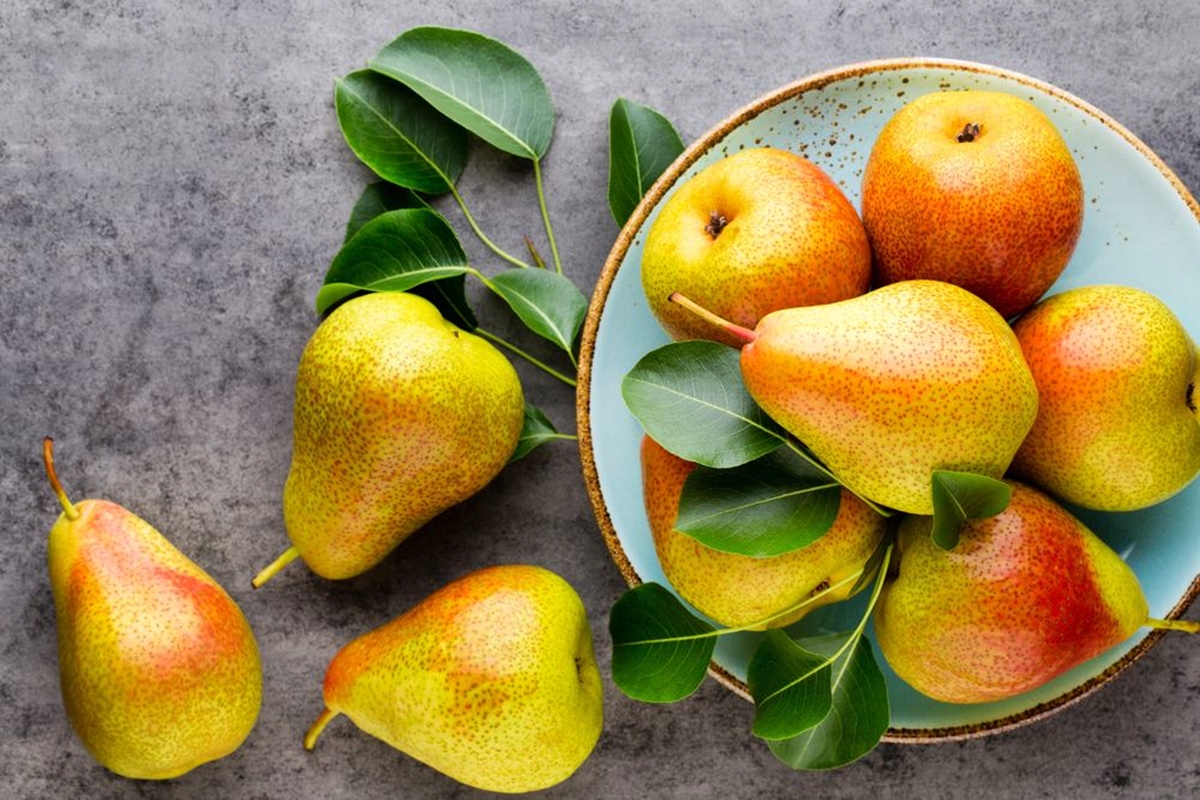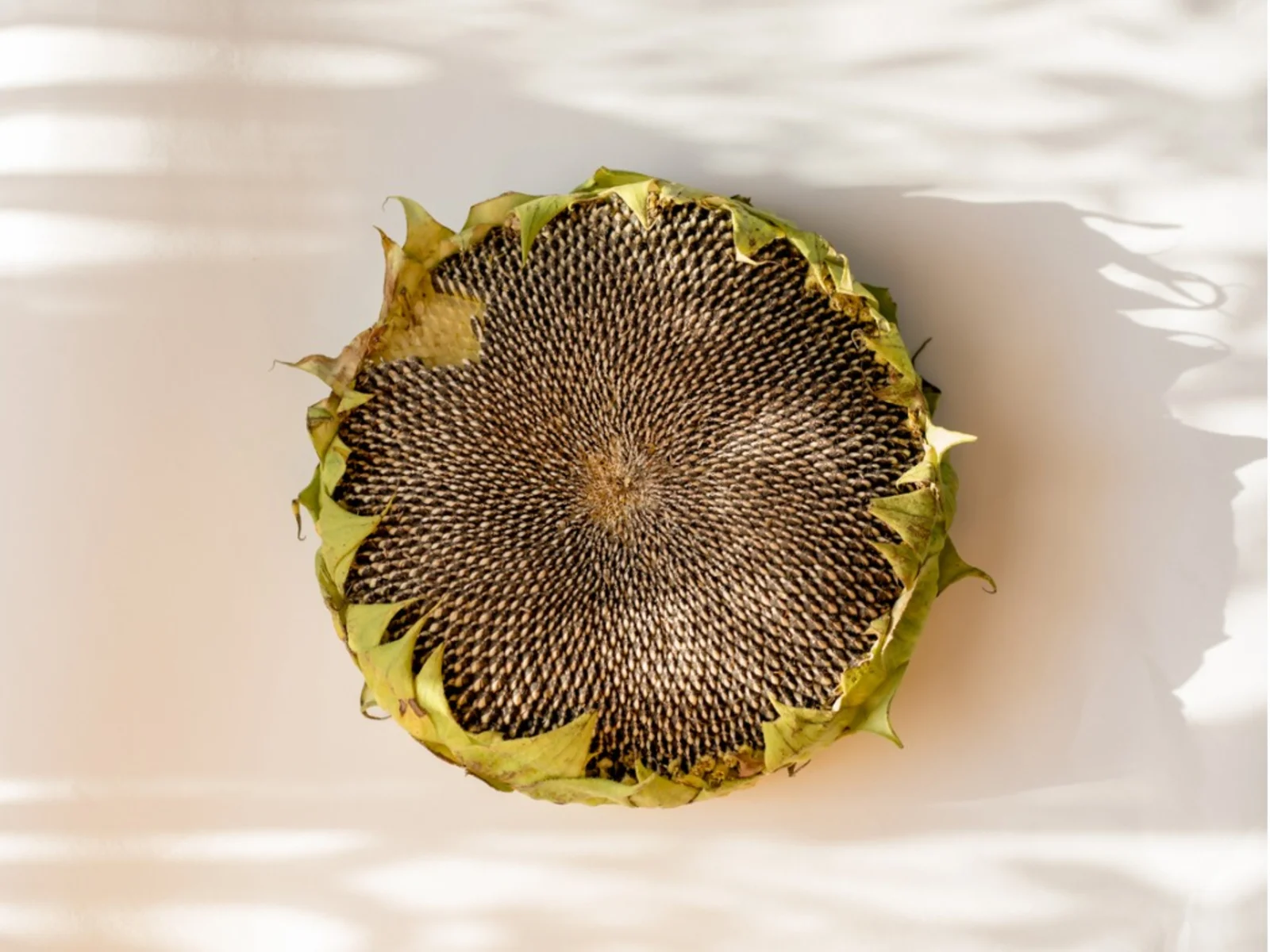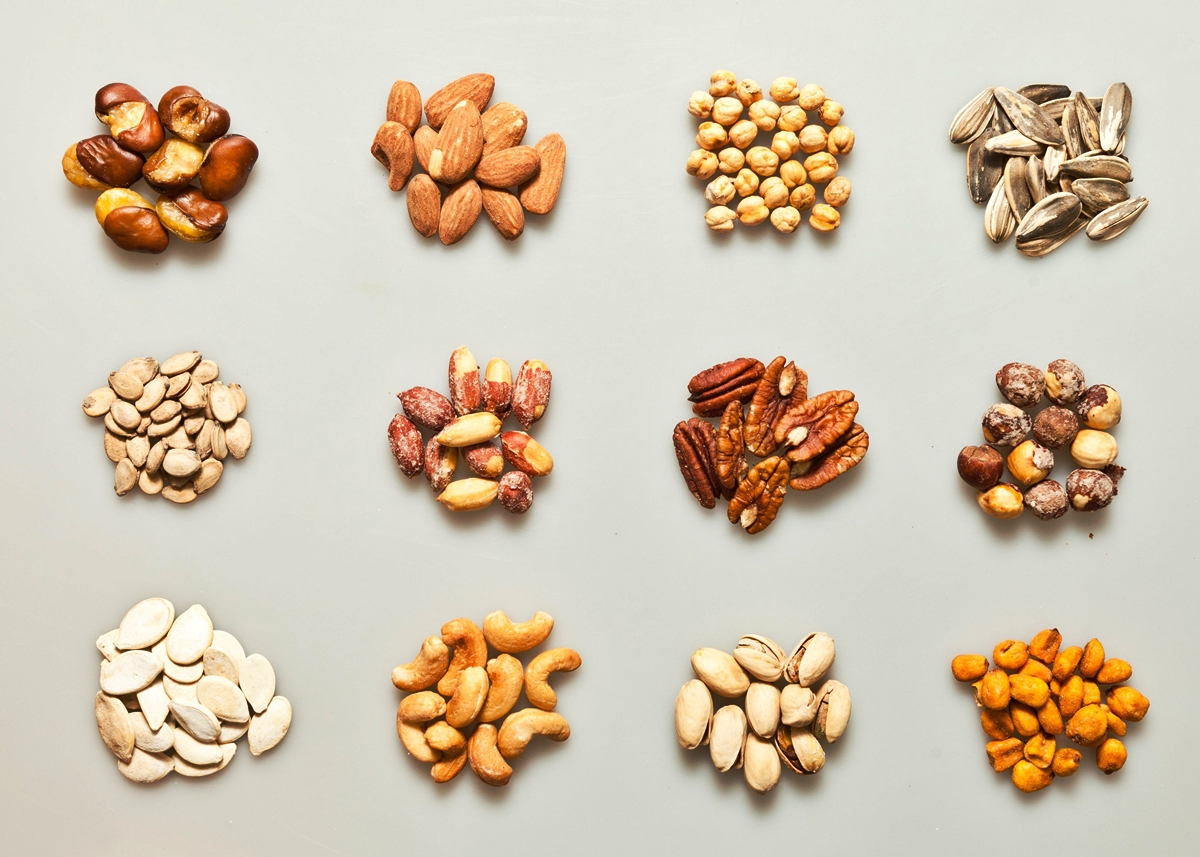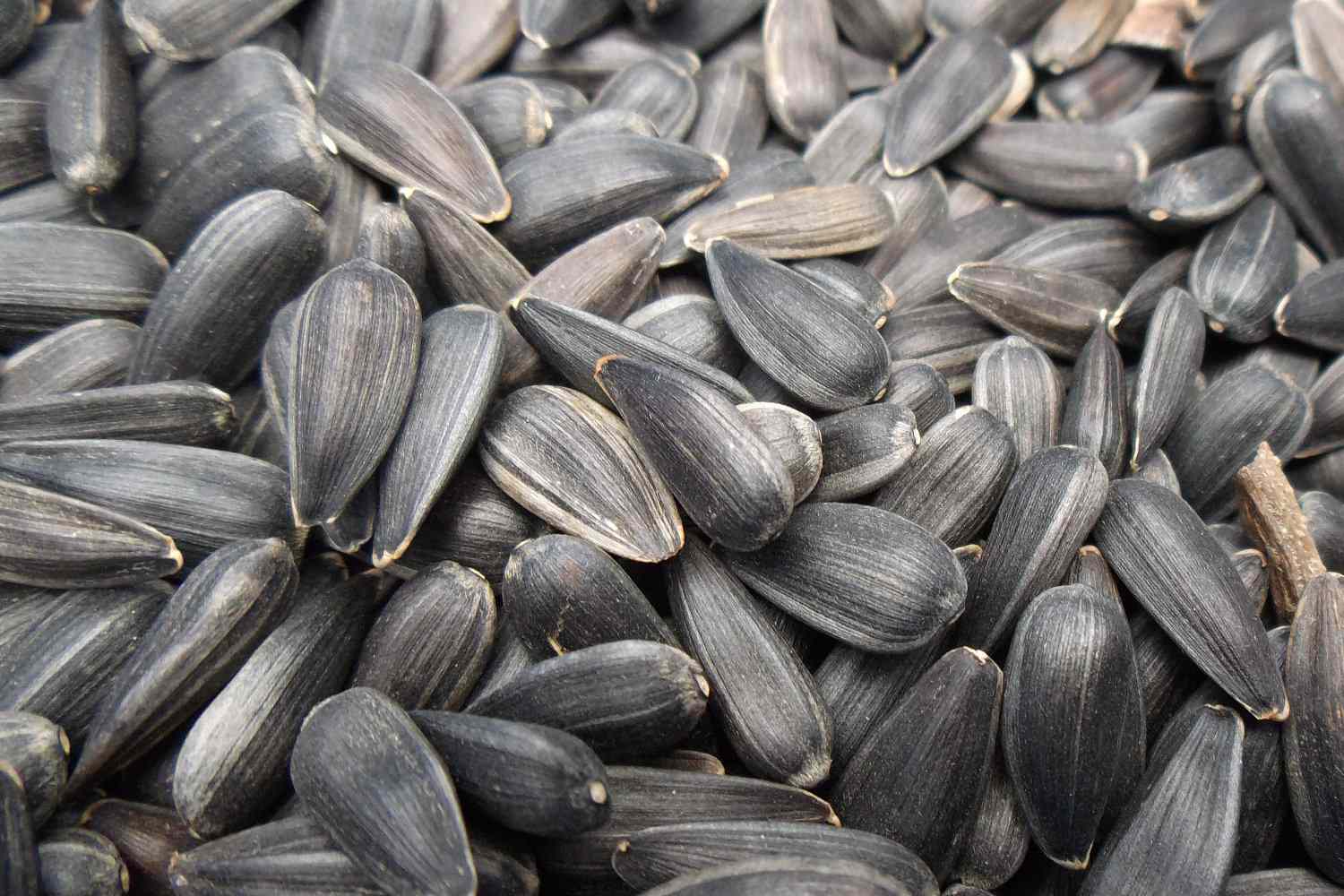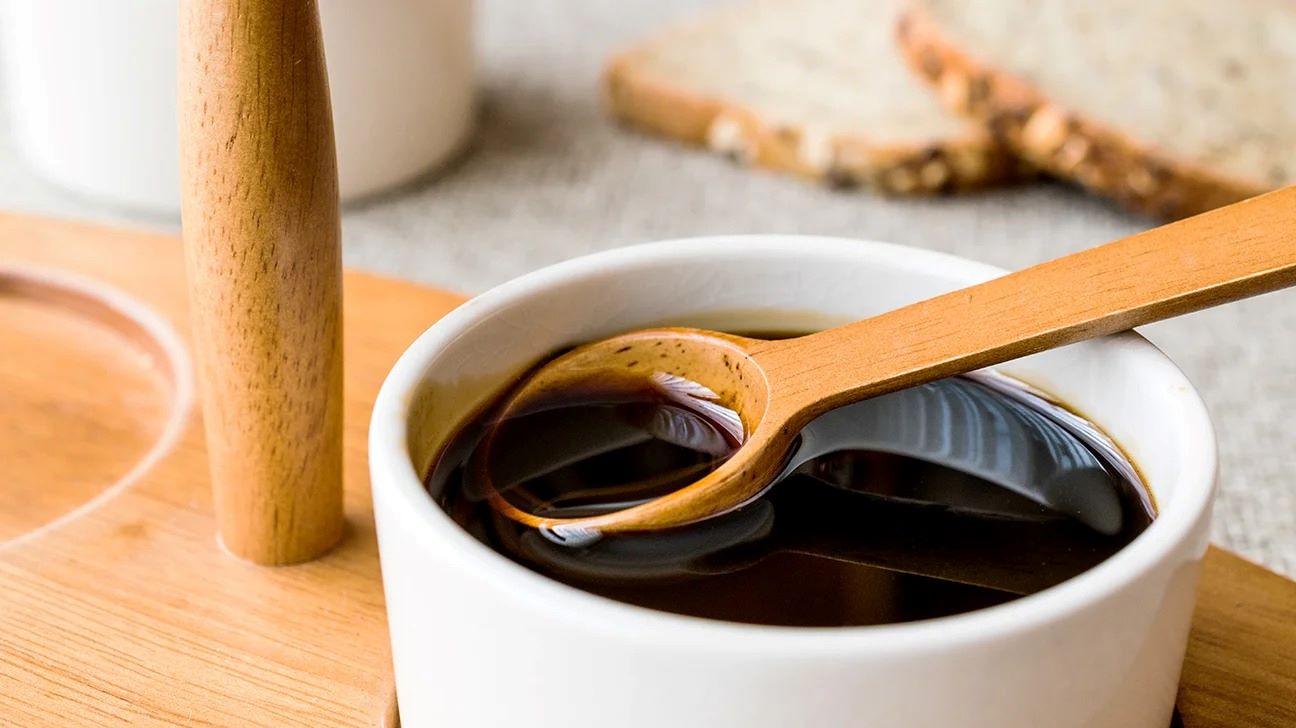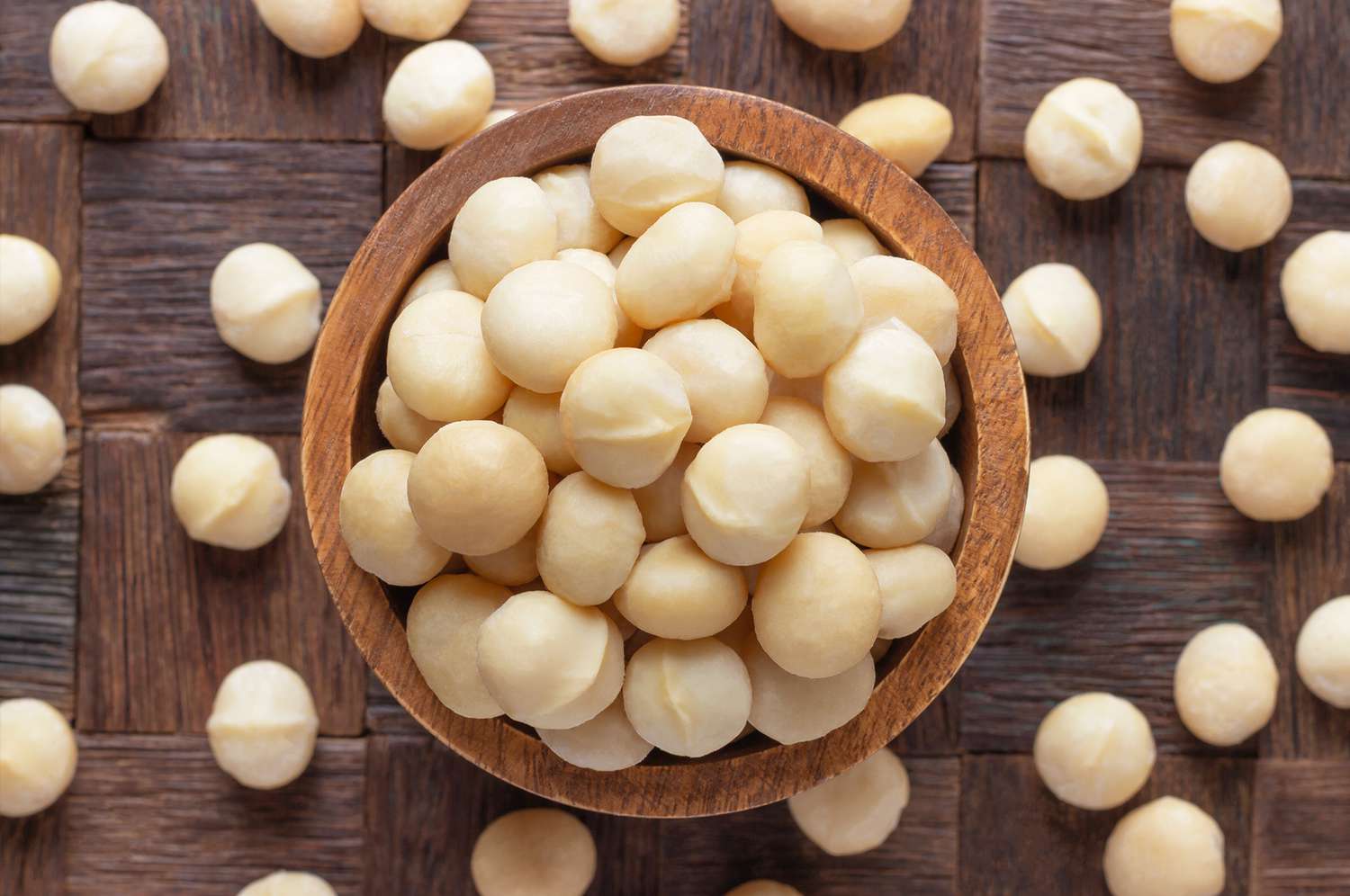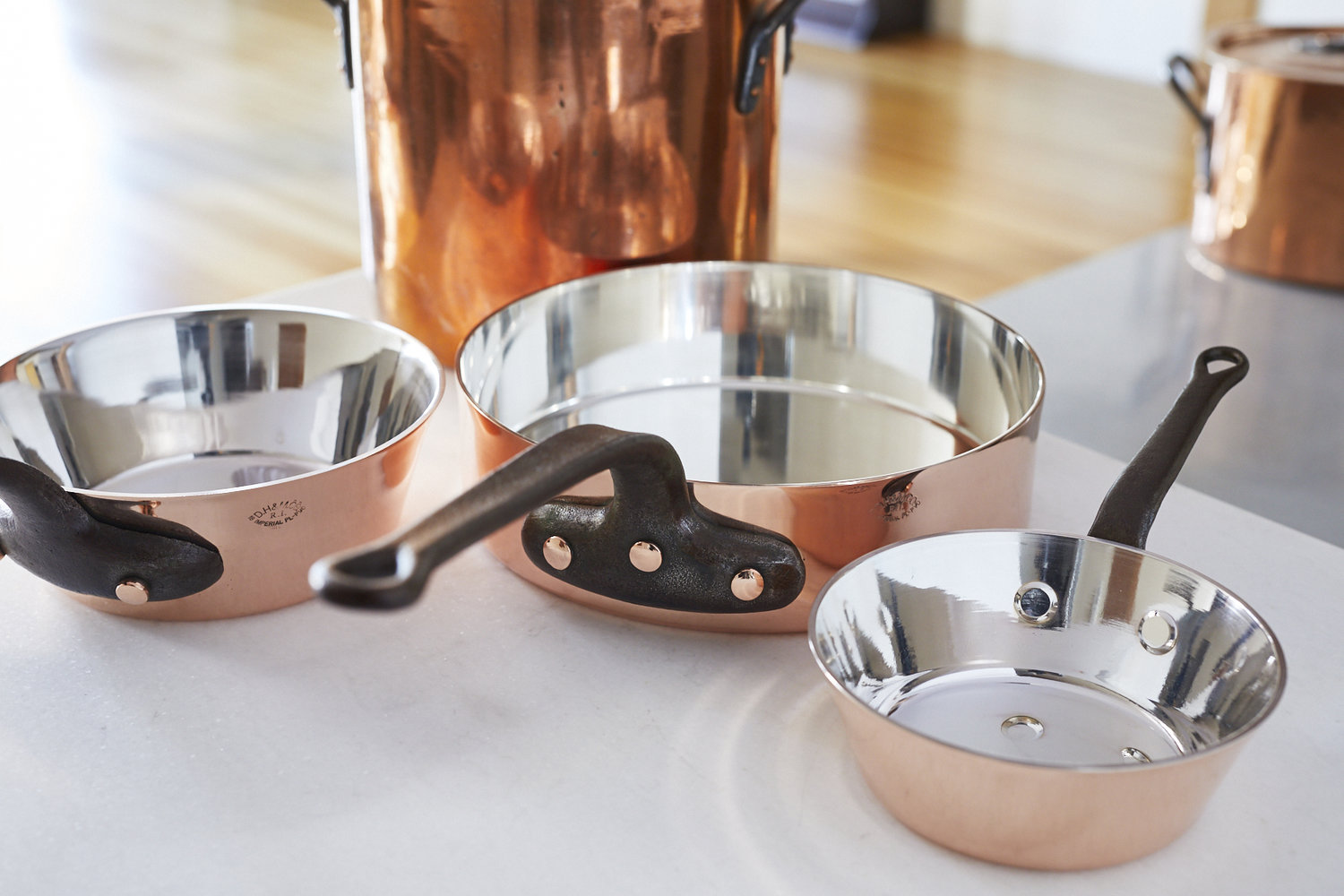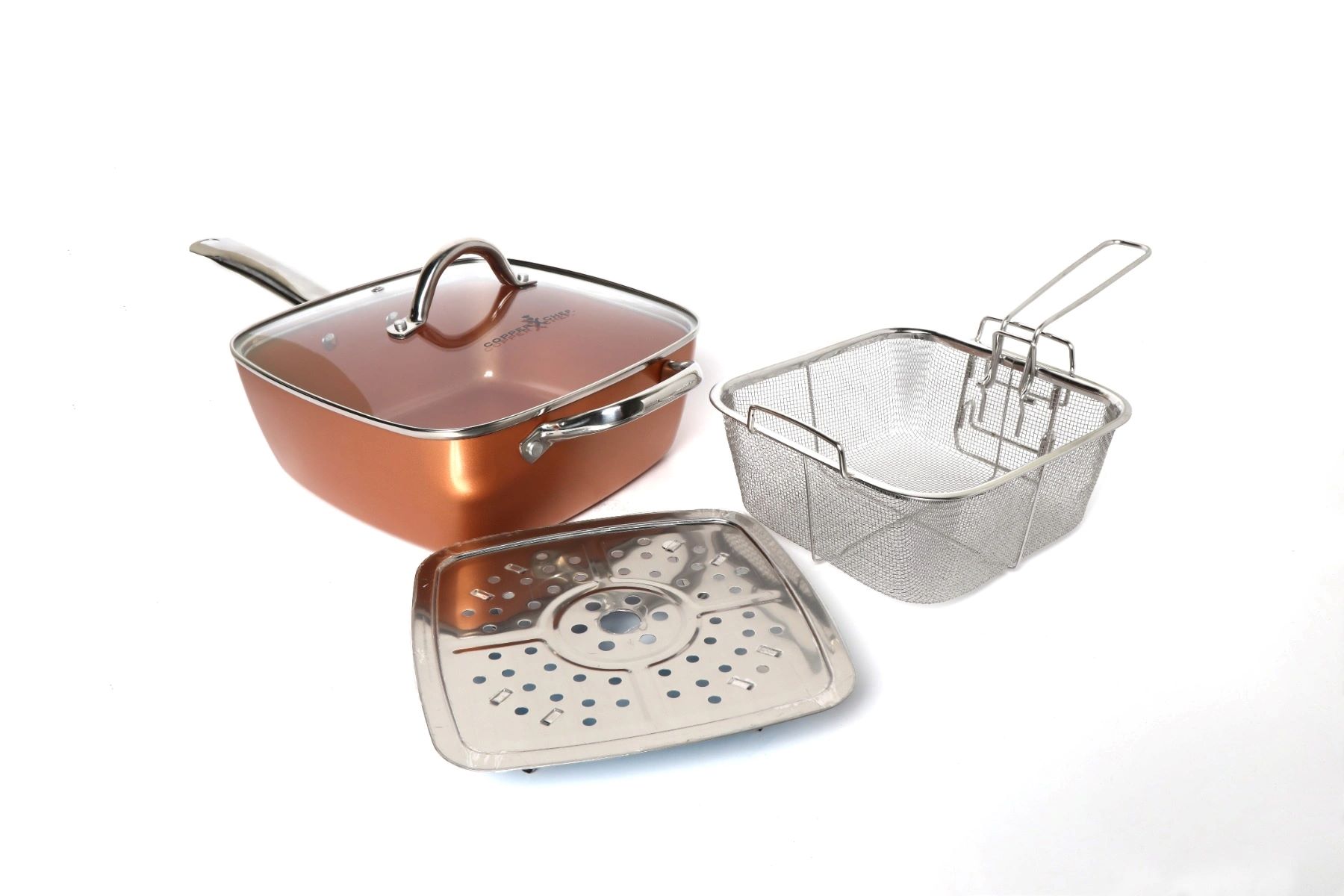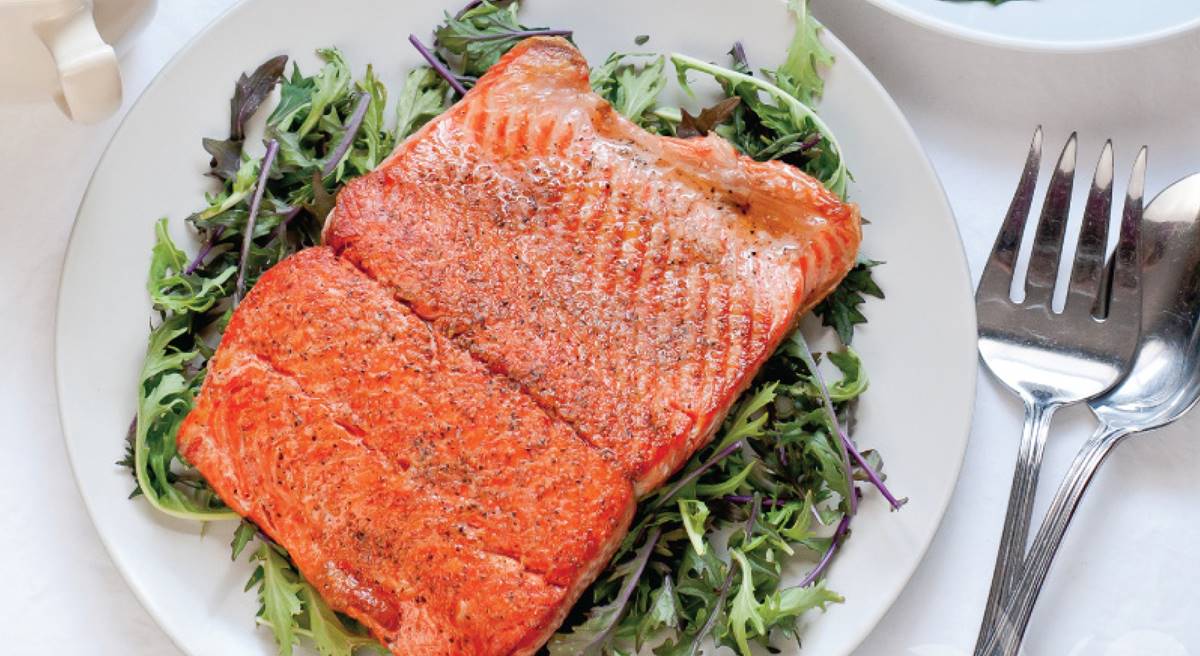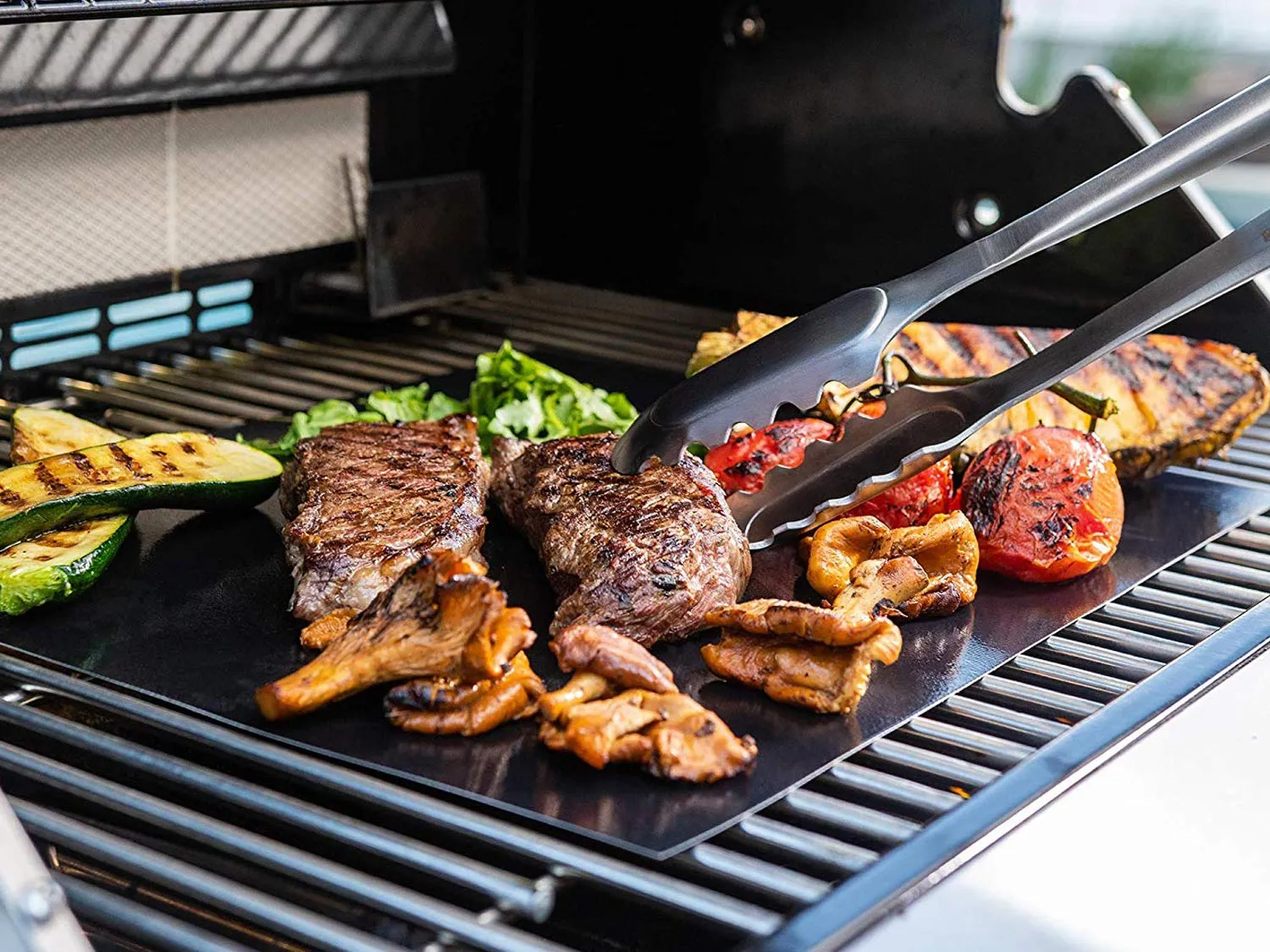Boost Your Health with Copper and Magnesium-Rich Foods
Ensuring that you consume a balanced diet is essential for maintaining good health. Two important minerals that are often overlooked but play a crucial role in the body are copper and magnesium. These minerals are involved in various bodily functions, including energy production, nerve function, and bone health. If you’re looking to incorporate more copper and magnesium into your diet, here are some simple and delicious ways to do so.
Include Copper-Rich Foods in Your Diet
Copper is an essential mineral that the body needs for proper growth, development, and overall health. It is involved in the formation of red blood cells, maintenance of healthy bones and connective tissues, and supports the immune system. Here are some copper-rich foods to include in your diet:
- Organ meats such as liver and kidneys
- Shellfish like oysters, crab, and mussels
- Nuts and seeds, particularly cashews and sunflower seeds
- Whole grains like quinoa and barley
- Dark leafy greens such as spinach and kale
By incorporating these foods into your meals, you can easily increase your copper intake and support your overall health.
Boost Your Magnesium Intake
Magnesium is another essential mineral that plays a vital role in numerous biochemical reactions in the body. It is involved in energy production, muscle function, and the maintenance of healthy bones and teeth. If you’re looking to increase your magnesium intake, consider adding the following foods to your diet:
- Leafy green vegetables like spinach, kale, and Swiss chard
- Legumes such as black beans, chickpeas, and lentils
- Whole grains including brown rice, oats, and quinoa
- Nuts and seeds, particularly almonds, cashews, and pumpkin seeds
- Fatty fish like salmon and mackerel
These foods are not only delicious but also provide a significant amount of magnesium to support your overall well-being.
Delicious Ways to Incorporate Copper and Magnesium-Rich Foods
Now that you know which foods are rich in copper and magnesium, it’s time to get creative in the kitchen. Here are some delicious and easy ways to incorporate these nutrient-rich foods into your meals:
- Create a nutrient-packed salad with a base of leafy greens, topped with nuts, seeds, and your choice of shellfish or grilled salmon.
- Add beans and lentils to soups, stews, and chili for a hearty and magnesium-rich meal.
- Snack on a handful of mixed nuts and seeds for a quick and convenient way to boost your copper and magnesium intake.
- Include whole grains in your meals by swapping out refined grains for options like quinoa, brown rice, or whole grain pasta.
- Experiment with liver pate or incorporate organ meats into your diet through flavorful recipes like liver and onions.
By getting creative in the kitchen and incorporating these nutrient-rich foods into your meals, you can easily increase your intake of copper and magnesium while enjoying delicious and satisfying dishes.
Conclusion
Ensuring that you consume an adequate amount of copper and magnesium is essential for supporting overall health and well-being. By including a variety of copper and magnesium-rich foods in your diet, you can easily meet your body’s needs for these important minerals. Whether it’s through incorporating leafy greens, nuts, seeds, or organ meats into your meals, there are plenty of delicious and creative ways to boost your intake of copper and magnesium for optimal health.
Remember, a balanced and varied diet is key to meeting your nutritional needs, so be sure to include a wide range of nutrient-rich foods in your daily meals to support your overall health and vitality.
